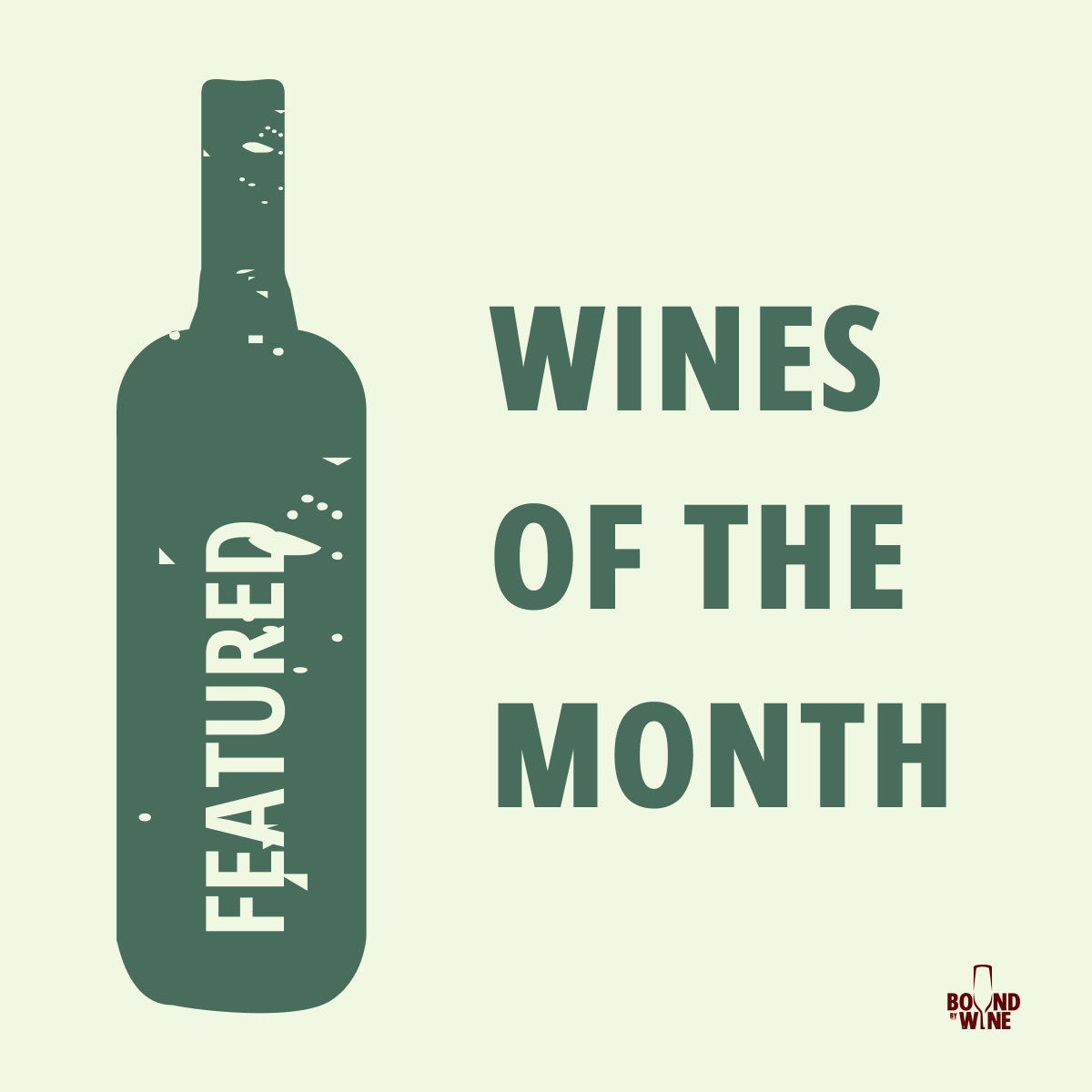Sweden
Sweden, an emerging wine region with a cool-climate, is making its mark with innovative cold-hardy grape varieties, producing limited yet promising white and rosé wines amidst its challenging climatic conditions.
Regional History & Terroir: Sweden's winemaking history dates back to medieval times, but it's in recent years that the country's wine industry has gained attention. Situated in the northern latitudes of Europe, Sweden faces a short growing season and harsh winters. However, advancements in cold-hardy grape breeding have allowed the cultivation of grapes like Solaris, Rondo, and others that can withstand the climate. The terroir includes various soil types due to the country's diverse landscapes, from gravel to clay and even limestone.
Typical Grape Varietals: Sweden's wine production is predominantly focused on cold-hardy grape varieties that can survive the country's challenging weather conditions. Solaris, a white grape, is a notable example, producing aromatic wines with flavors of citrus, green apple, and sometimes tropical fruit. Rondo, a red grape, yields red and rosé wines with red berry notes and a gentle tannic structure. Other experimental varietals are being tested as winemakers push the boundaries of what's possible in the Swedish climate.
Regional Wine Styles: Sweden's wines, still in their early stages, are known for their freshness and distinct character derived from the country's unique terroir. White wines from grapes like Solaris often exhibit a lively acidity and vibrant fruit flavors. Rosé wines made from grapes such as Rondo are typically light and refreshing, perfect for warmer months. These wines showcase a promising potential


































































